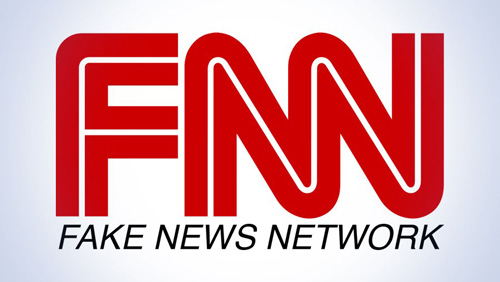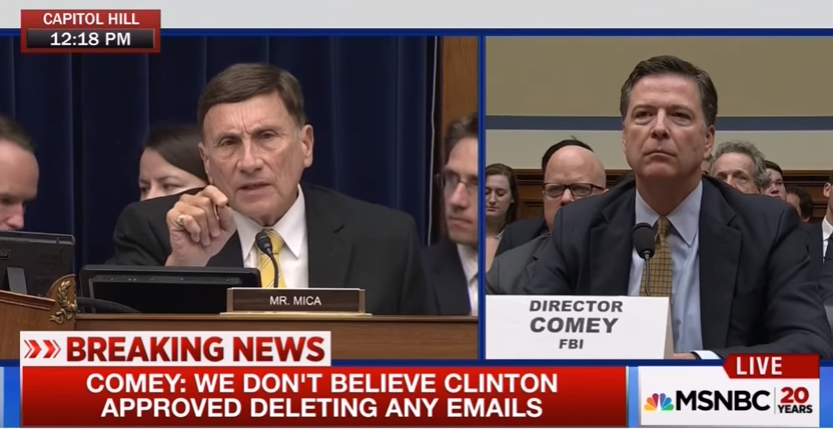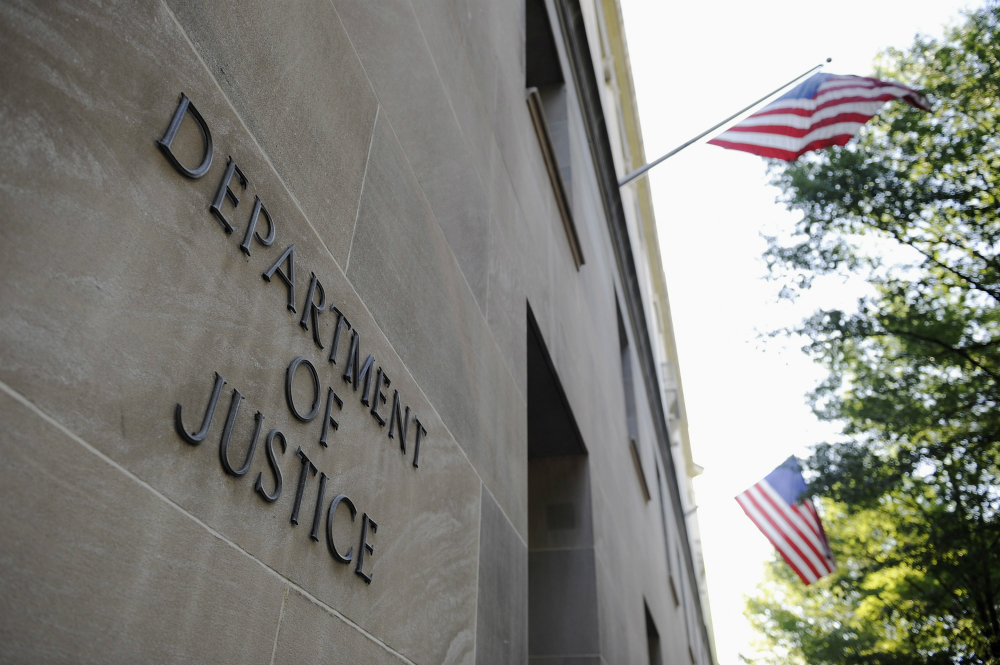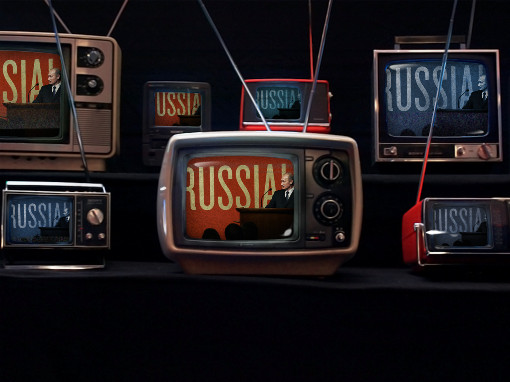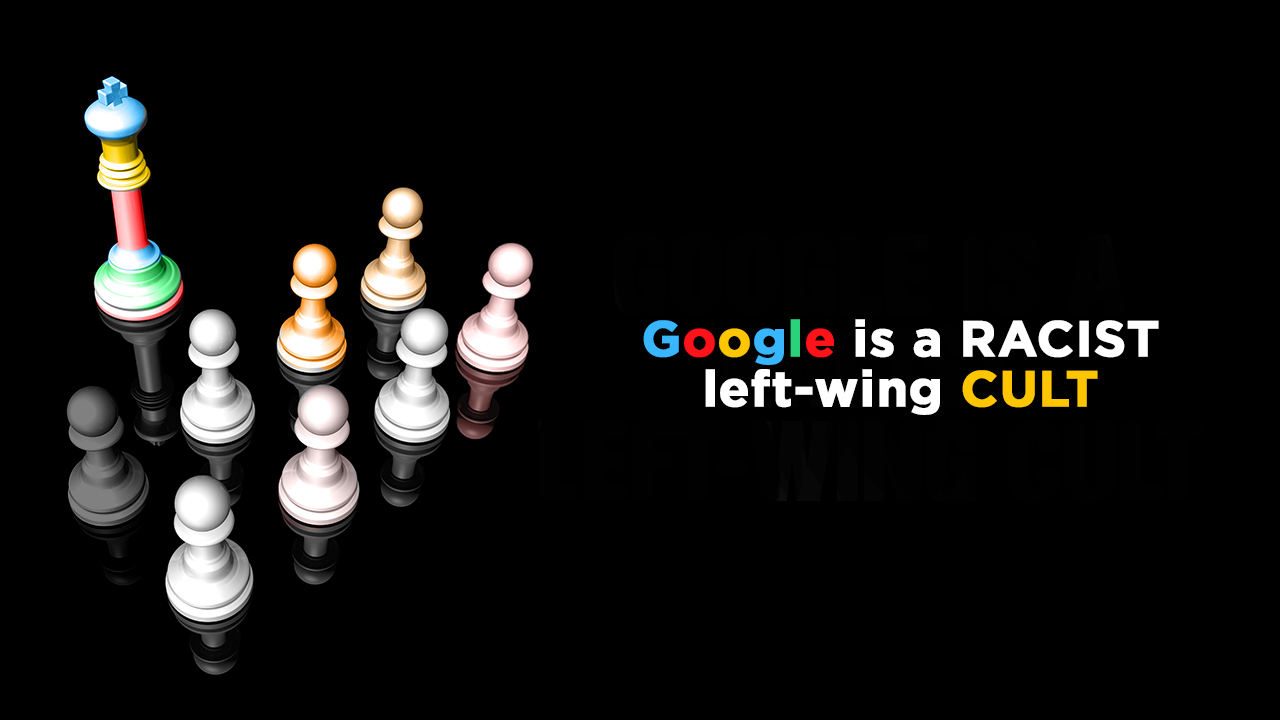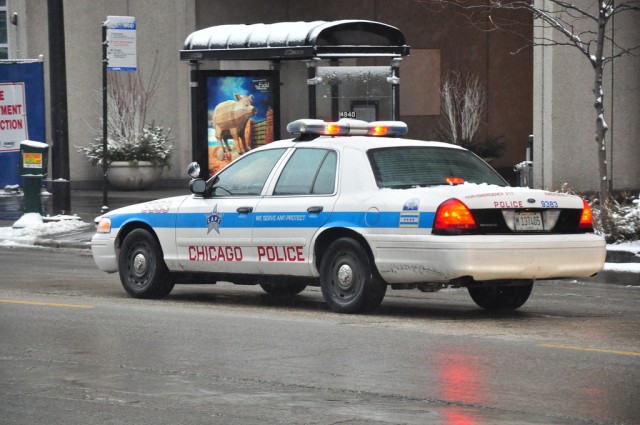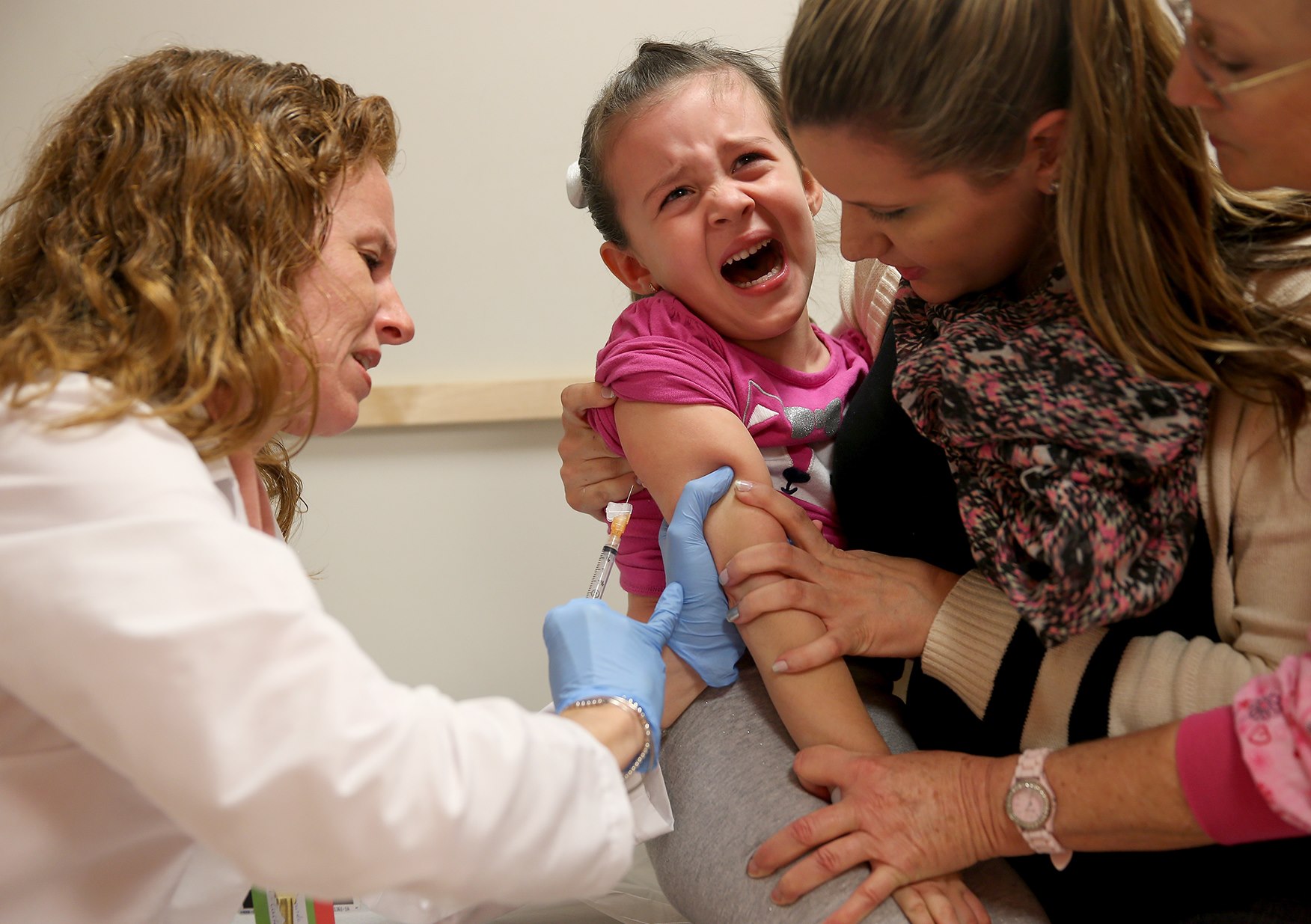Vaccine deep state declares vaccine skepticism to be a “global health threat” so that vaccine truth educators can be labeled “dangerous” to society
01/30/2019 / By Tracey Watson

According to the World Health Organization’s latest annual list of “global health threats,” anti-vaxxers – people whose fears about the safety of vaccines have made them hesitant to allow their children to be vaccinated – pose as much risk to world health as the Ebola virus, air pollution, climate change, HIV and superbugs, among others. The WHO’s position is that “vaccine hesitancy” – a delay or refusal to accept vaccines – is threatening a global resurgence in vaccine-preventable diseases.
The WHO claims that vaccines prevent upwards of three million deaths each year, but that 50 percent more lives could be spared if everyone, everywhere agreed to accept every mandated vaccine. They claim that the recent resurgence in measles outbreaks is an example of how a reduction in the number of people vaccinated can cause an increase in occurrences of a disease.
But is the WHO accurate in its claims? Are vaccine-hesitant people really making others sick? Or is the WHO simply looking for a way to put a stop to vaccine truth educators like Mike Adams, the Health Ranger and editor of Natural News?
“Vaccine hesitancy” – why?
The WHO uses the term “vaccine hesitancy,” and it’s actually a pretty accurate description of many of the people who have chosen not to vaccinate their children. Hesitancy is by definition not a refusal but a reluctance to do something. Merriam-Webster notes that hesitation “implies a holding back especially through fear or uncertainty.” It is certainly true that an increasing number of people have become uncertain about the necessity and/or safety of vaccinating their children.
People ultimately believe what they see. No matter what the flawed, bought-and-paid-for “science” says – most of which has been conducted by pharmaceutical companies who themselves have a vested interest in producing vaccines – anecdotal evidence carries a tremendous amount of weight. As more and more people see the previously normal, healthy children of friends and family develop health problems after being vaccinated, they become nervous about allowing their own children to receive vaccines.
And this “hesitancy” is spreading globally, across cultures, countries and different socio-economic groups. An increasing number of highly educated, well-respected politicians, lawyers, medical professionals and others have voiced their concerns about the safety and effectiveness of vaccines. And for this reason, the anti-vaccine movement is gaining more and more traction. This scares organizations like the WHO and the Centers for Disease Control and Prevention (CDC) because it means that they are losing their control over people.
Are anti-vaxxers really making others sick?
As noted at the outset, the WHO argues that people who do not vaccinate are selfish because they make others sick. They quote the 30 percent increase in the number of measles cases in recent years as an example of this. Interestingly, however, they do admit:
The reasons for this rise are complex, and not all of these cases are due to vaccine hesitancy. [Emphasis added]
Let’s take a closer look at one of those measles outbreaks. Natural News previously reported:
As published in the Clinical Infectious Diseases journal, the 2011 measles outbreak in New York has been confirmed to have originated from a fully vaccinated woman, according to a study conducted by the New York City Department of Health and Mental Hygiene, the Westchester County Department of Health and the U.S. Centers for Disease Control and Prevention (CDC). … [S]he went on to infect four other people with the measles, two of them also fully vaccinated. Tests also confirmed that the other two people infected, though unvaccinated, had previously been exposed to measles and therefore should have had natural immunity to it.
The reasons for measles outbreaks are “complex” indeed.
And the same is true of recent mumps and other infectious disease outbreaks that are being blamed on “vaccine hesitancy.”
The fact is, people have more than enough reason to be concerned about vaccines. Their fears should be acknowledged and addressed, with a fresh look at the overly intensive CDC-mandated vaccine schedule, removing dangerous adjuvants like thimerosal from vaccines, and eliminating the multi-dose vaccines like the mumps, measles and rubella (MMR) vaccine, which are given to young children with under-developed immune systems and which have been linked to autism spectrum disorder and other serious health problems.
Vilifying people who have legitimate questions about the safety of a dubious set of medical procedures is simply not acceptable. Learn more at Vaccines.news.
Sources include:
Tagged Under: anti-vaxxers, Global health threat, health freedom, herd immunity, measles, Medical Tyranny, outbreaks, propaganda, real investigations, Tyranny, vaccine deep state, vaccine hesitance, vaccine skeptics, vaccines, WHO, World Health Organization

